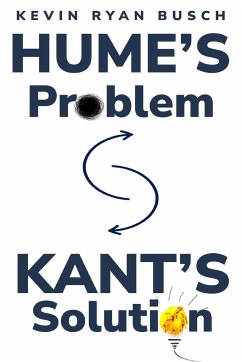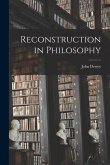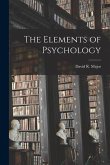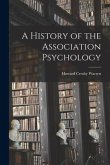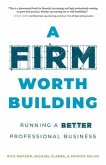The statement of theses above should provisionally indicate the subject area of each essay. Essay 1 defends what is ultimately a thesis from Hume's epistemology: that our belief in the Causal Maxim-that necessarily, any event is caused-is grounded on reasoning that is neither intuitive nor demonstrative. Essay 2 frames the dialectic for Hume's and Kant's metaphysics. Essay 3 undermines an interpretation of Kant's philosophy of mind, i.e., the 'nonconceptualist' reading of the 5 Transcendental Deduction, on which intuiting objects does not require applying a priori concepts. Essay 4 adjudicates between Hume's and Kant's epistemologies, which diverge on whether induction is a rational source of empirical knowledge.
